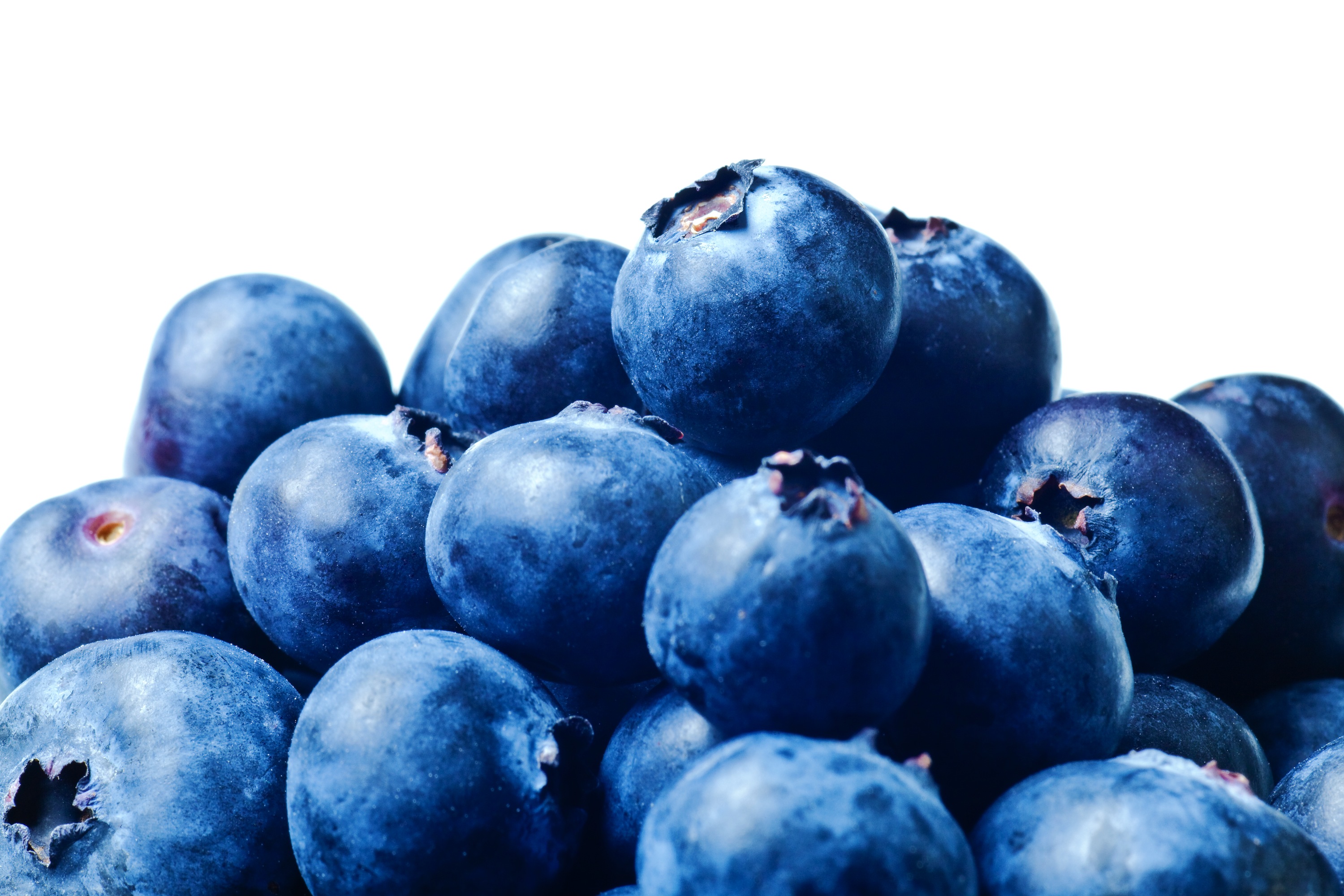Uruguayan blueberry sector gears up for Chinese access signing
Uruguay is far from being a leading global blueberry producer, but most of what it grows, it exports.
Betancur says the country produces around 2,300 metric tons (MT) a year of which 2,000MT – historically this amount has been shipped in a 60-40 split between Europe and the United States.
Now that China will soon be on the scene as an export destination as well, it will be interesting to see how Uruguay fares in a market that has already been very beneficial for the likes of another South American competitor, Chile.
But the Uruguayan blueberry sector is a bit different to others, with a small quantity of companies that dominate production. Betancur also highlights a key firm, Midgold, has changed owners and the new management aims to revitalize its blueberry operations.
“Uruguay will receive two visitors from China to analyze the production sites and the packing plants that will be involved in exports,” she says.
“They will come for a period of one week, and after that exports will be able to commence.”
She emphasizes this year exports will be done under a pilot project to test the market in order to see whether volumes could grow in the years that follow.
While the protocol allows for cold treatment at origin or in transit, as Uruguay is so far from the market the sector will most likely opt for another option in the protocol which is methyl bromide treatment for airfreight shipments.
The Uruguayan blueberry season will start at the end of August, but the bulk of exports will start from Sept. 15 through to November.
“At the end of November, with the entry of Chile in the international market, Uruguay will not have a lot of possibilities and will export very small quantities.
“The idea is being able to enter in the months of August and September when there is still no supply, to be able to have this window of higher prices at the start of the season.”
She says production could be higher this year than in 2015-16, but there is always the possibility of weather events like spring rains which can upset harvests.
Betancur also points to varietal change in the Uruguayan blueberry industry which will also change the product in years to come, and currently growers are seeing good plant development.
“With good fertilization and irrigation, they have the possibility of good production.”
07/27/2016
Fresh Fruit Portal







